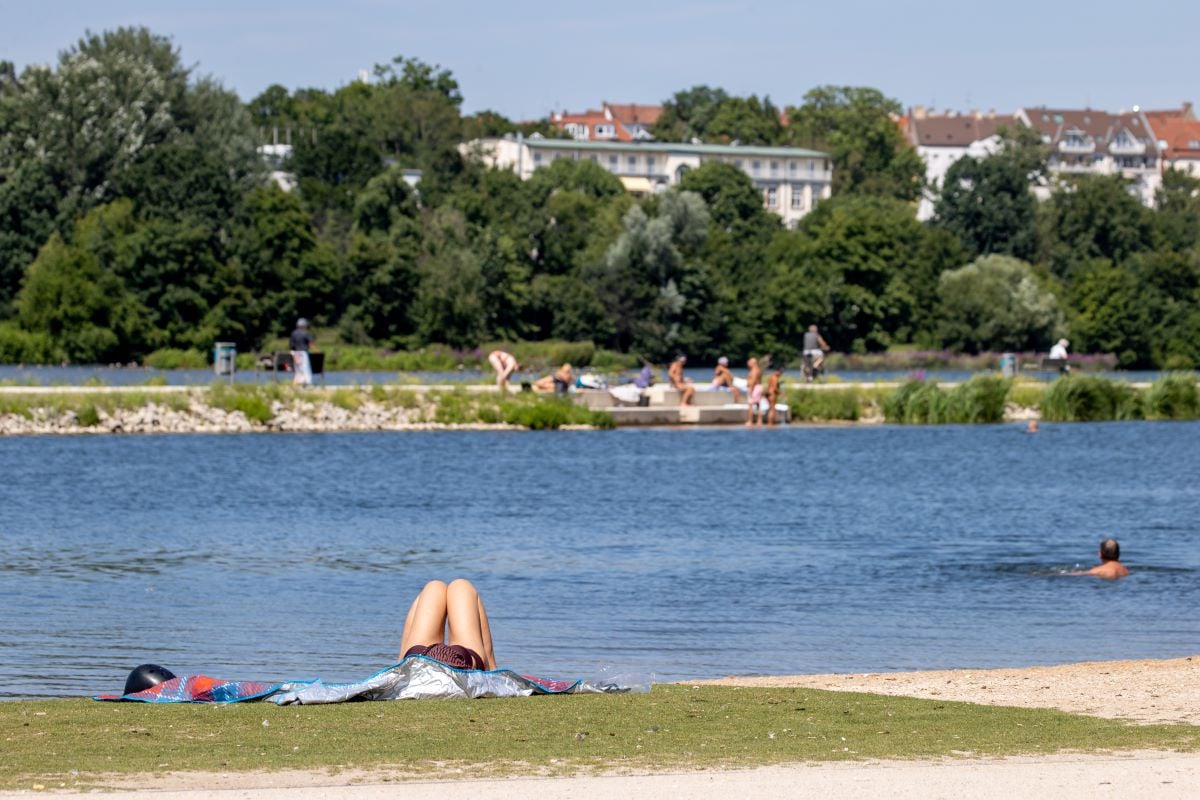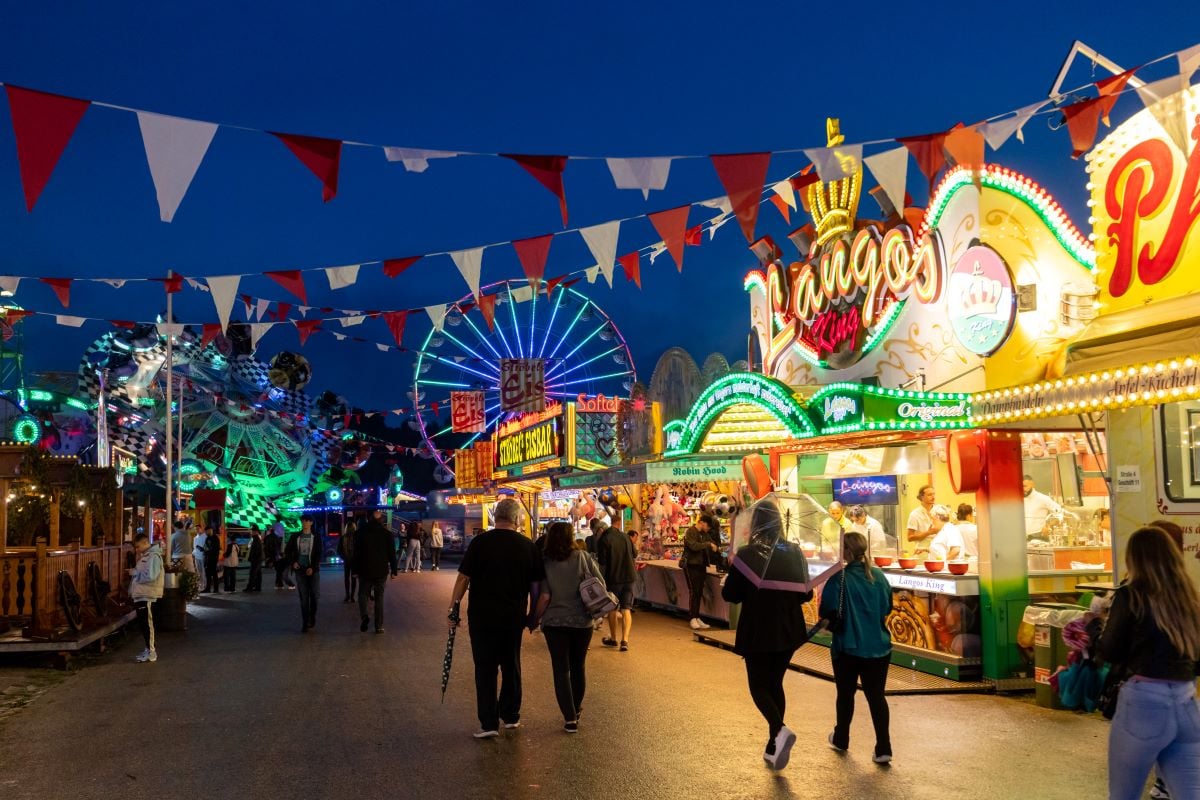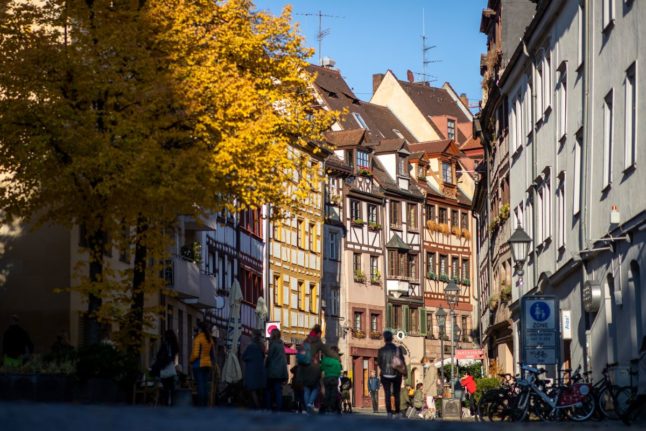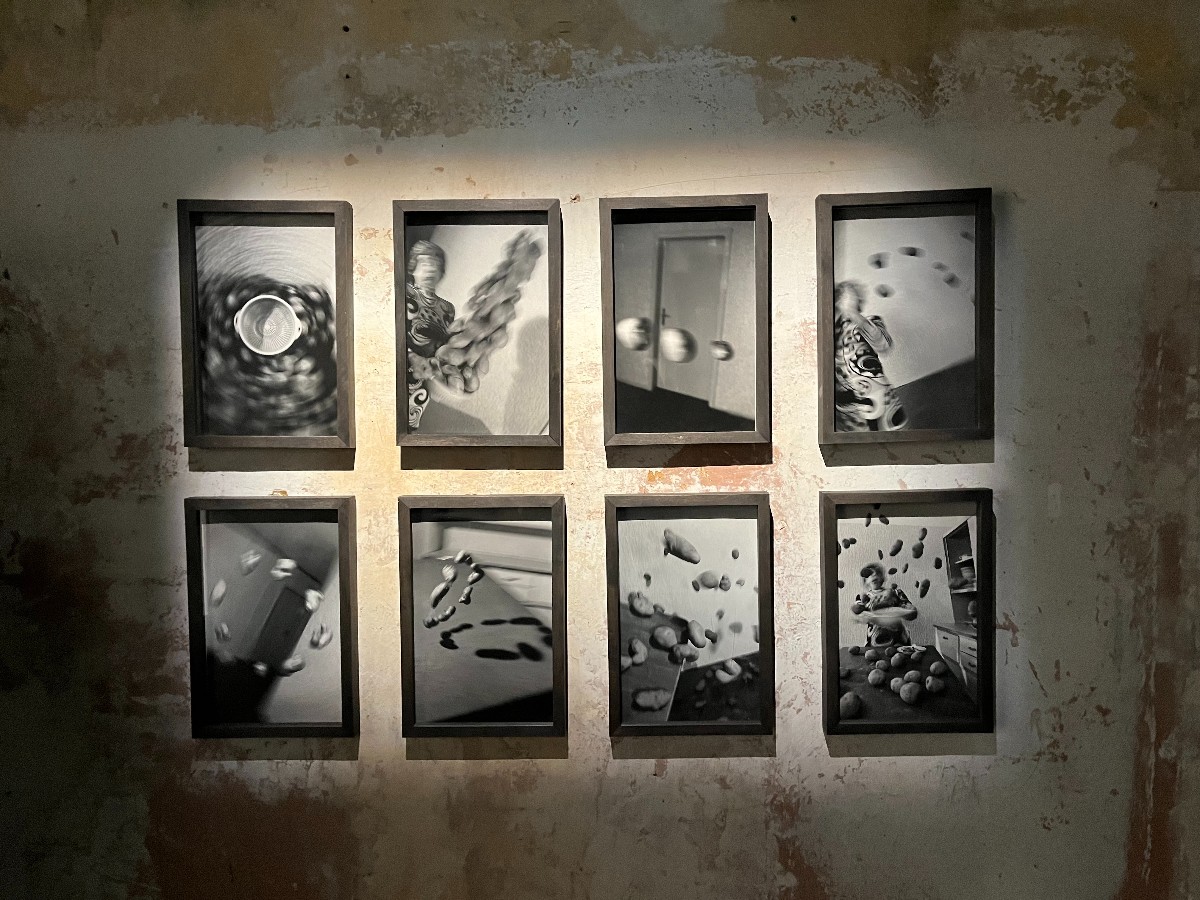Known internationally for the Nuremberg Trials, and to a lesser extent for its cultural offerings such as its Christmas Market or springtime Volksfest, Nuremberg attracts a lot of international tourists each year.
Nuremberg is the unofficial capital of Franconia, which is a region in the north of Bavaria. Incorporated into Bavaria in the 19th century under Napoleon, Franconia is not an official German state, but it is characterised by its own cultural and linguistic heritage. In fact, if you talk too much about Bavaria in Nuremberg, there’s a decent chance that a local will correct you: “Here is Franconia!”
Nuremberg is home to a rather large community of foreigners – many of whom are employed by Adidas, Puma or Siemens. But, with the exception of prospective employees for these companies, it remains largely overlooked as a destination to move to as a foreign resident.
Here are five reasons why life in Nuremberg is a good choice for foreigners.
1. A clean and green city
Just outside the city centre, you can find vast swaths of forest and farmland. Running through the centre of Nuremberg is the Pegnitz river, with city parks and grassy fields lining the side of the river almost all the way through the city.
Which is to say that Nuremberg is a very green city, and compared to larger cities like Munich or Frankfurt, even its urban centre is very clean.
In the spring, summer and fall, Nuremberg is a great hub for a number of outdoor sports. All around the city, you can find walking and biking trails along the Pegnitz or beyond. Also on the river, or in a nearby lake, you can paddle around in a canoe, kayak or SUP board.
Just east of the city centre, the Pegnitz widens out into Wöhrder See, which has a couple sandy beaches where locals sunbathe on summer weekends and evenings.
About an hour to the north (by car or train) is Fränkische Schweiz (Franconian Switzerland), so-named for its forested hills with rugged rock outcroppings, which offers ample opportunities for hiking and rock climbing.

2. Not too big and not too small
With a population of a little over 500,000, Nuremberg is Germany’s 14th largest city.
The city certainly will feel small to those coming from Berlin, or major world cities with populations in the millions, but it’s a big hub compared to the other villages in the region.
Despite its population, its relatively compact old town centre, and surrounding neighbourhoods, make the city easy to navigate and very walkable.
As opposed to Berlin, where moving across the city always seems to take 45 minutes, in Nuremberg you can walk across the old-town city centre in about 15 minutes. What’s more is the journey is likely to be a pleasant one, with pedestrian bridges and views of old German style architecture along the way.
Even commutes to the outside neighbourhoods are regularly managed in 15 to 20 minutes by U-Bahn, tram or bus.
Nuremberg is small enough for residents to avoid hours lost to long daily commutes, but big enough to offer all of the allures of modern urban living, including a vibrant nightlife and cultural offerings.
3. Relatively low cost and higher pay
The federal state of Bavaria is known for offering higher salaries than the rest of Germany, due in part to a number of tech companies and international firms with high-paying jobs, and this is true also in Nuremberg.
READ ALSO: Which Bavaria-based companies regularly hire English speakers?
But as opposed to Munich, which is also known for having a higher cost of living, rent in Nuremberg can be quite reasonable, all things considered.
For €700 per month you can still find a one or two room apartment in Nuremberg’s charming old town or one of the popular neighbourhoods nearby. (Or even cheaper a little bit further out.)
Other living expenses are comparable to the surrounding regions. A cup of coffee or a glass of beer goes for around €3.5 and a Döner kebab is about €6.

4. Easy access to the rest of Europe
If you look at a map of Europe, Nuremberg appears to be pretty much exactly in the middle. In fact, the nearby city of Erlangen (just 20 kilometres to the north) is the German city that is furthest from the sea – whereas cities to the north are closer to the North Sea and cities to the south are closer to the Mediterranean.
Nuremberg’s central location gives it the advantage of being a great launch point for a quick trip to locations across Europe.
You can take regional trains to the east and hit the Czech border in just a couple hours, for instance, or you can take an ICE train north for 3 hours to Berlin. Alternatively, taking the same ICE line to the south, you can reach Munich in an hour, and from there, Nightjet trains can take you across Europe in every direction.
Nuremberg also has its own airport that flies directly to destinations across Europe, and even some in North Africa or beyond. Being a relatively small airport is NUE’s charm, as it can be reached from the central train station in 20 minutes, and you can make it through security without battling long lines.
5. A sizeable international community
Nuremberg is home to an extensive community of foreign residents, even if it is obviously smaller than those found in Berlin or Munich.
For those with kids, Nuremberg and the surrounding area has a number of international schools, such as Franconian International School (FIS). For higher education, it is home to a handful of science and tech universities, most notably Friedrich-Alexander-Universität Erlangen-Nürnberg, which attracts scholars from around the world.
For social activities, there are groups of foreigners that organise weekly meet-ups around activities like sports, board games, or just drinks at the bar.
The number of international workers and residents means that, compared to other German cities of a similar size, you can generally navigate your day to day interactions in English without much issue.
That said, learning German will certainly help you to better integrate in Franconia. By the way, the Franconian accent is distinct, so even those who have studied German a bit may take a little while to get used to the local way of speaking.




 Please whitelist us to continue reading.
Please whitelist us to continue reading.
Member comments